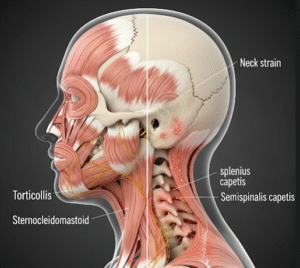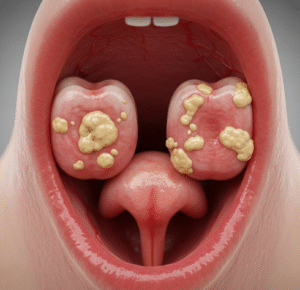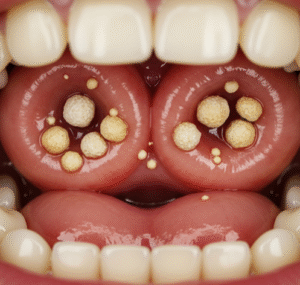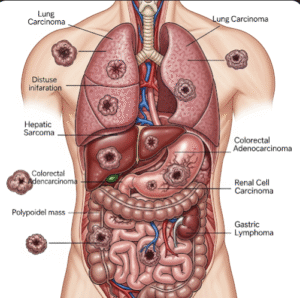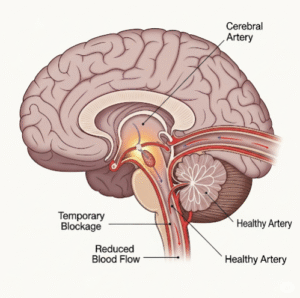Overview
Syndrome of Inappropriate Antidiuretic Hormone Secretion (SIADH) is a condition in which the body produces excessive amounts of antidiuretic hormone (ADH), leading to water retention and low sodium levels (hyponatremia) in the blood. In Korea, SIADH is treated effectively with a multidisciplinary approach that includes fluid management, electrolyte correction, and treatment of underlying causes such as tumors or neurological conditions.
What is Syndrome of Inappropriate Antidiuretic Hormone Secretion (SIADH)?
SIADH is a disorder where the antidiuretic hormone (also called vasopressin) is released inappropriately, causing the kidneys to retain water. This results in dilutional hyponatremia — a condition where sodium levels in the blood become dangerously low due to excess water.
SIADH is usually secondary to other medical conditions, such as cancer (especially lung cancer), central nervous system disorders, infections, or the use of certain medications.
Symptoms
- Nausea and vomiting
- Headache
- Fatigue or weakness
- Muscle cramps or twitching
- Confusion or memory problems
- Seizures (in severe cases)
- Coma (in very severe hyponatremia)
Causes
SIADH can be triggered by a variety of underlying conditions, including:
1. Neurological Conditions:
- Stroke
- Traumatic brain injury
- Brain tumors
- Meningitis or encephalitis
2. Cancers:
- Small cell lung carcinoma (most common)
- Pancreatic cancer
- Prostate cancer
- Lymphoma
3. Pulmonary Disorders:
- Pneumonia
- Tuberculosis
- Chronic obstructive pulmonary disease (COPD)
4. Medications:
- Antidepressants (SSRIs, TCAs)
- Antiepileptics (carbamazepine)
- Chemotherapy drugs
- Diuretics
- Antipsychotics
5. Surgery or pain-induced ADH release
Risk Factors
- Age over 65
- Hospitalization (especially ICU)
- Brain injuries or infections
- Use of multiple medications affecting ADH
- Malignancies (especially lung cancers)
Complications
- Severe hyponatremia
- Cerebral edema (brain swelling)
- Seizures
- Loss of consciousness or coma
- Risk of osmotic demyelination if corrected too quickly
- Long-term neurological impairment
Prevention
While SIADH itself isn’t always preventable, the risk can be reduced by:
- Careful monitoring of sodium levels during hospitalization
- Reviewing medications that may affect fluid balance
- Managing underlying causes such as lung disease or brain disorders
- Regular blood tests for patients at risk
Treatment Options in Korea
Korea offers advanced diagnostics and treatment for SIADH through its leading tertiary care centers. Management involves identifying and treating the underlying cause while correcting the electrolyte imbalance.
Diagnostic Tests
- Blood tests (sodium, osmolality, ADH levels)
- Urine osmolality and sodium
- Brain or chest imaging (CT, MRI)
- Hormone panels
- Lung and cancer screening if indicated
Treatment Approaches
1. Fluid Restriction:
- First-line therapy: typically limited to 800–1,000 mL/day
2. Salt Supplementation:
- Oral sodium tablets or IV hypertonic saline (for severe cases)
3. Medications:
- Demeclocycline (off-label use to block ADH)
- Tolvaptan or conivaptan (vasopressin receptor antagonists, used in moderate to severe cases)
- Loop diuretics (to promote free water excretion)
4. Treating Underlying Causes:
- Cancer treatment (chemotherapy or surgery)
- Stopping or replacing causative medications
- Treating infections or brain lesions
5. Monitoring:
- Electrolyte levels must be closely monitored
- Sodium correction should be gradual to avoid complications



